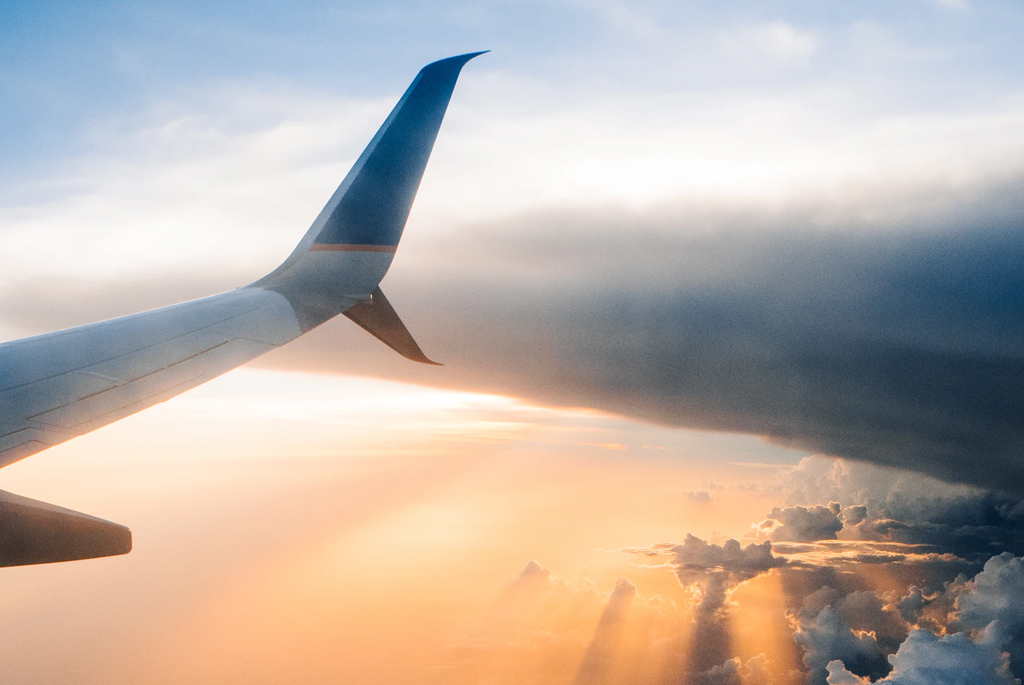
COVID-19 Travel Ban on Europe, U.K., and Brazil to be lifted by President Trump
Imposed travel bans on non-citizens traveling from Europe, the United Kingdom, and Brazil, have been lifted by President Donald Trump. What was originally set as a response to the ongoing Coronavirus pandemic is set to end under a new declaration.
Under this new order, to enter the United States, all international visitors must present a negative Coronavirus test or show proof of recovery. This new order will go into effect on 26 January 2021.

